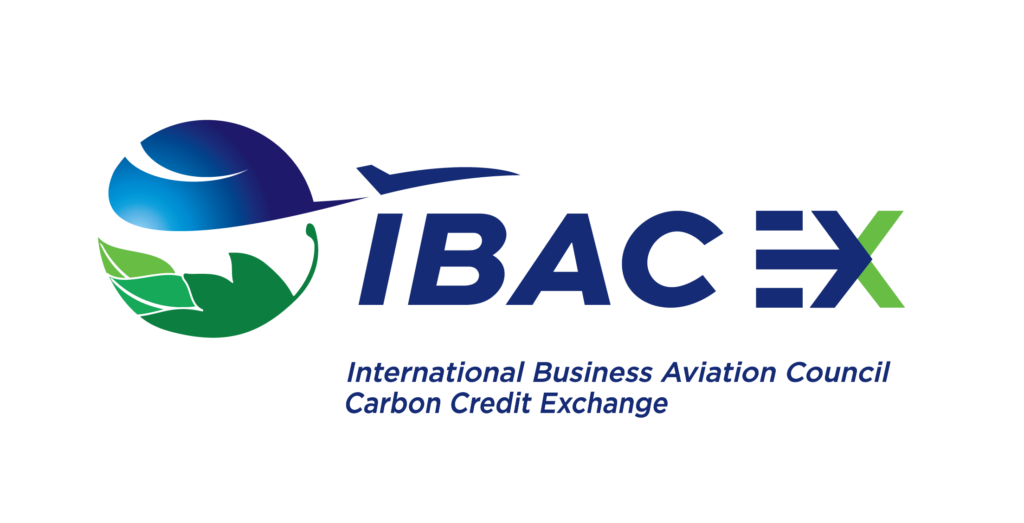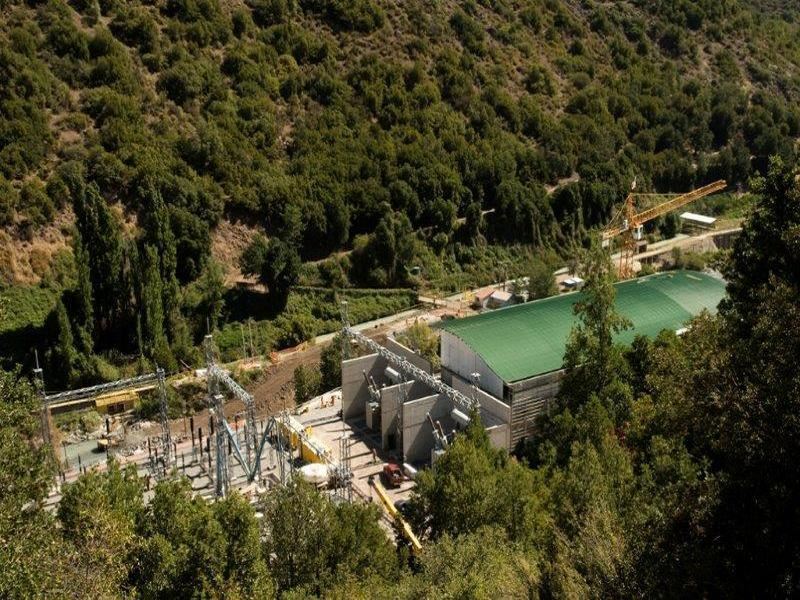The International Business Aviation Council (IBAC) represents over 18,000 operators worldwide in leading the way on Aviation emissions reductions. In conjunction with their 16 member associations on 6 continents, IBAC members have made serious carbon neutral commitments and thanks to their new partnership with CTX action on them is now both inflight and real-time.
- Achieving carbon-neutral growth from 2020
- Halving total CO2 emissions by 2050 relative to 2005
Fully mindful of their climate impact related to aviation activity, operators sought via their industry body to engage with Carbon Trade Exchange (CTX) who are proud to support the IBAC and their member’s associations in their journey to achieve carbon-neutral growth. CTX delivers real-time, simple and transparent solutions to mitigate, offset and reduce the industry’s carbon emissions, offering industry-leading carbon offsetting for all business aviation. As the global representative of the business aviation industry, along with its national and regional members around the world, IBAC is committed to leading a shared vision and delivering a roadmap for reducing the sector’s carbon emissions. Carbon-neutral growth in the near and medium-term is a sustainability goal that is paramount in ensuring the sector’s license to operate and its continued ability to provide its economic and societal benefits. As the first and only truly global fully electronic real-time exchange platform for high-quality Carbon Credits/ Offsets from genuine projects around the world, fully certified and issued via all the major Voluntary Credit Standards, CTX will continue to be THE place to sell offsets for projects. A special discount offer to IBAC means these global active buyers will come into the CTX marketplace in the last quarter of 2021. To find out more information on the CTX website click here
or the IBAC website here.


New Staff take on the Challenges
In August, 5 new staff have joined the CTX team in our London offices, 3 being in Business Development/Sales and one as Inventory and Trade support, plus our new Managing Director of Global Environmental Markets (GEM). In the coming weeks you will meet them via email or zoom and we look forward to a stellar series of results. Our new ‘United Nations of CTX’ means we have staff who speak English, German, Russian, Polish, Chinese (Mandarin & Cantonese), Afrikaans, Spanish, French and a smattering of others. They bring an amazing array of multi sectoral skills to our already world class team of winner.
Fee Increase for New Members
From 1st September 2021 buyside fees have increased to 5% – still well under sector averages – but the increase will only apply to new members not current members. As part of our expansion into clients new to offsetting there is no need for them to hold a registry account (of course they can) but if they do not, CTX will complete the retirements on their behalf and issue certificates to show what they retired, and the reason. This will especially benefit Investment Banks and new Brokers joining CTX in Q4 as they mainly want to buy offsets for their clients, not really ‘Trade’ carbon credits.
Red Hot Summer with Buyers on the Charge
Despite lockdowns ending in Europe Corporate buyside activity has never been stronger on CTX – with prices increasing and inventory being snapped up. So once again we are seeking more inventory for active buyers- contact Jennifer.Shung@ctxglobal.com or operations@ctxglobal.com Finally we ask again – when does a forward purchase screen based credit unit become a ‘Futures Contract? Does this make it a ‘Regulated Instrument’? The Investopedia definition is “A futures contract is a legal agreement to buy or sell a particular commodity asset, or security at a predetermined price at a specified time in the future. Futures contracts are standardised for quality and quantity to facilitate trading on a futures exchange.” The scale of commoditised trading on those futures exchanges is vastly different to our Spot Market Exchange (obviously), as is the cost of participation as a buyer and seller on those exchanges. So, whilst many recent or emerging entrants into the voluntary market are toting commoditisation and ‘forward’ purchase, there’s a big risk that we enter into a new uncharted territory that actually could exclude most of the current market participants from the ‘Scaling UP’ they purport to be supporting. CTX will stick to what we do for now.
Let us know your thoughts.
Project of the Month 1:
Chacayes Hydroelectric Project, Chile
8 SDGs
This run-of-river Hydroelectric Power project based in the Cachapoal Valley in Chile has installed a plant with a capacity of 110.8 MWh into the Cachapoal River basin to generate hydro-electricity that is exported directly to the Chilean national electrical grid. The electricity produced is clean and affordable, directly enhancing local economic and environmental sustainability. This clean, renewable energy will replace the current dependency on fossil fuels and, in turn, largely reduces greenhouse gas emissions. Other benefits include:
- Creation of local employment opportunities
- Enhanced local infrastructure
- Improved energy security
- Enhanced local livelihoods and economic stability
- Advanced transportation links between urban and remote regions Improved air quality from the reduction in combustion of fossil fuels producing pollutants and toxic airborne particulates






